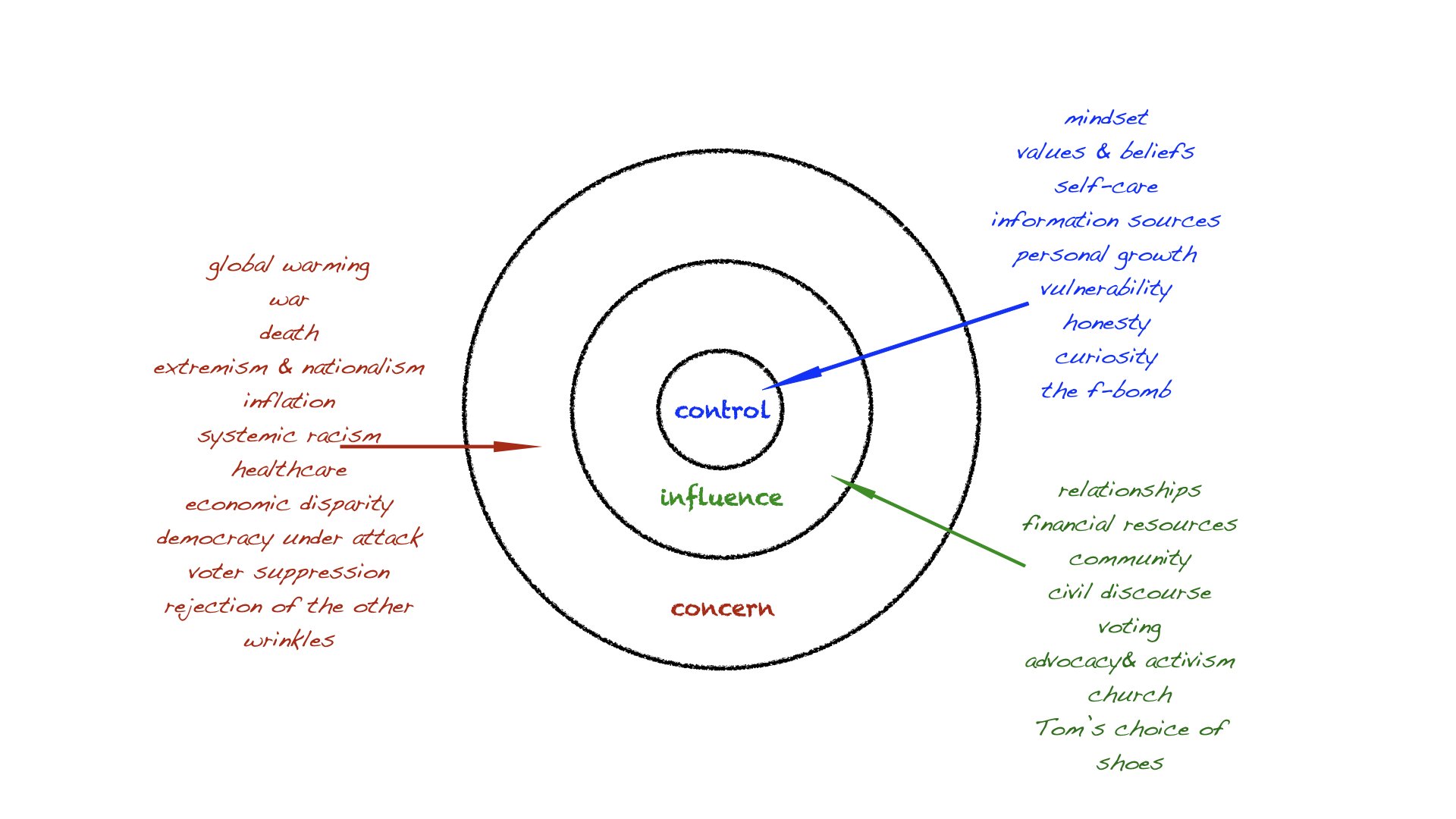Recently I wrote a review of More Human Than Otherwise: Living & Leading With Humility by my dear friend and most trusted colleague, David Berry.
David’s book is for anyone in leadership, considering leadership, or wondering about leadership. It is a book to give as a gift to someone you know who is seeking to be the kind of leader others would willingly follow. If you are looking for a meaningful graduation present for someone about to step onto the leadership trail, look no further. While you are at it, get a copy for yourself and dive in. After all, you are more human than otherwise too.
After posting the review on Goodreads I noticed a tiny box that could be checked to post my review on a blog, and checked it immediately. Why didn’t I think of that, I wondered, as it’s kind of a no brainer to share good news with as many people as we can, whenever and wherever we find it. In fact, given the state of the world, we should be shouting any and all good news from our rooftops to the world within our reach.
Well, this is me, shouting from my small but mighty rooftop.
David Berry asks us to consider what it takes to become a leader others would willingly follow. It is at once a question and an invitation. It is the question anyone desiring to lead well must not only continually answer but live into every day. Beyond that, it is an invitation to transformation, which is the journey of any leader worth her salt. Because transformation is what happens when we are willing to learn from and be changed by our experiences. All of them, and perhaps most especially, the difficult, painful, and humbling experiences that help us gain more clarity on who we are and how we are showing up in the world as a human being leading other human beings.
One of the many things I appreciate about this book is how David created a safe space for the reader’s own courageous thinking. He does this by modeling a critical element at the heart of leadership. What it looks like to go first. To be the kind of leader that says, “It’s ok. I’ll go first. I’ll show you ‘mine’ (the good, the bad and the ugly) so that maybe you will be willing to show me ‘yours’. He does this by sharing his own experiences, what he learned, and what has changed in him as a result.
It quickly becomes clear that David takes seriously his call to help equip and support the next generation of leaders. Leaders who will be courageous enough to become evermore self-aware. In multiple ways this book reminds us that telling ourselves the truth about who we are is foundational to being a leader others would willingly follow. To do that we need the help of others. Cultivating the practice of seeking feedback on a regular basis, learning in community, and engaging a therapist are but a few of the ways suggested in these pages.
I highly recommend this book for anyone in leadership, aspiring to leadership, of wondering if leadership is for them. To that last point, leadership isn’t confined just to those with the title. To be more human than otherwise is to answer the call to love, help, and heal the world within our reach, which sounds a lot like leadership to me.



